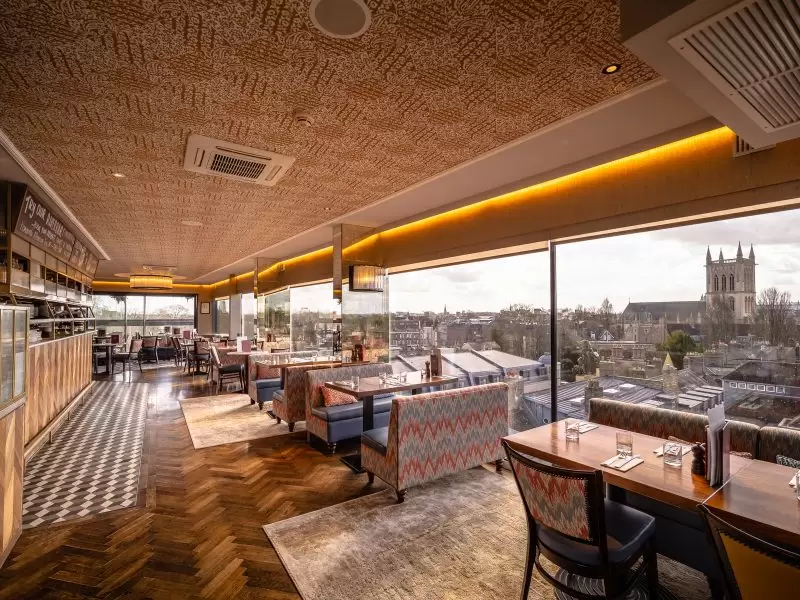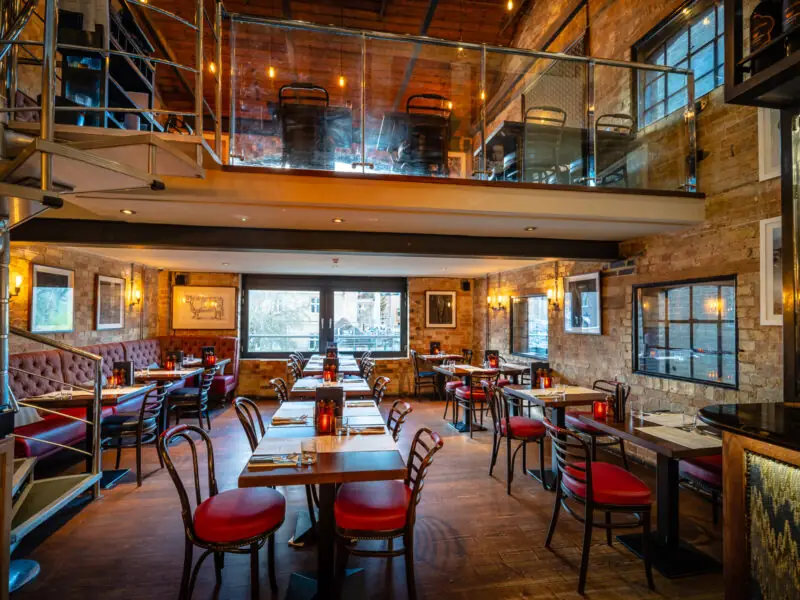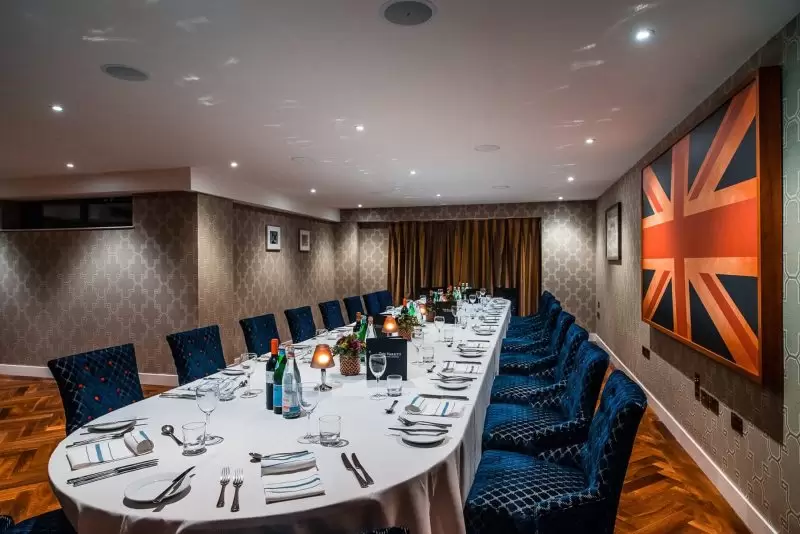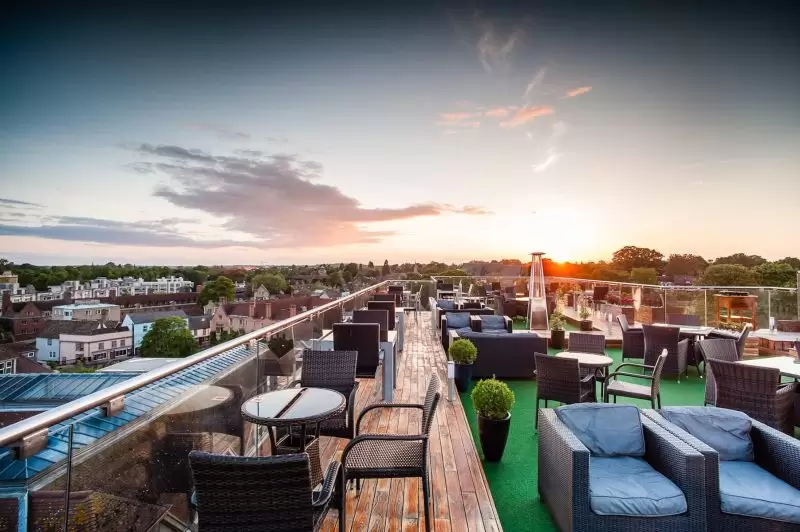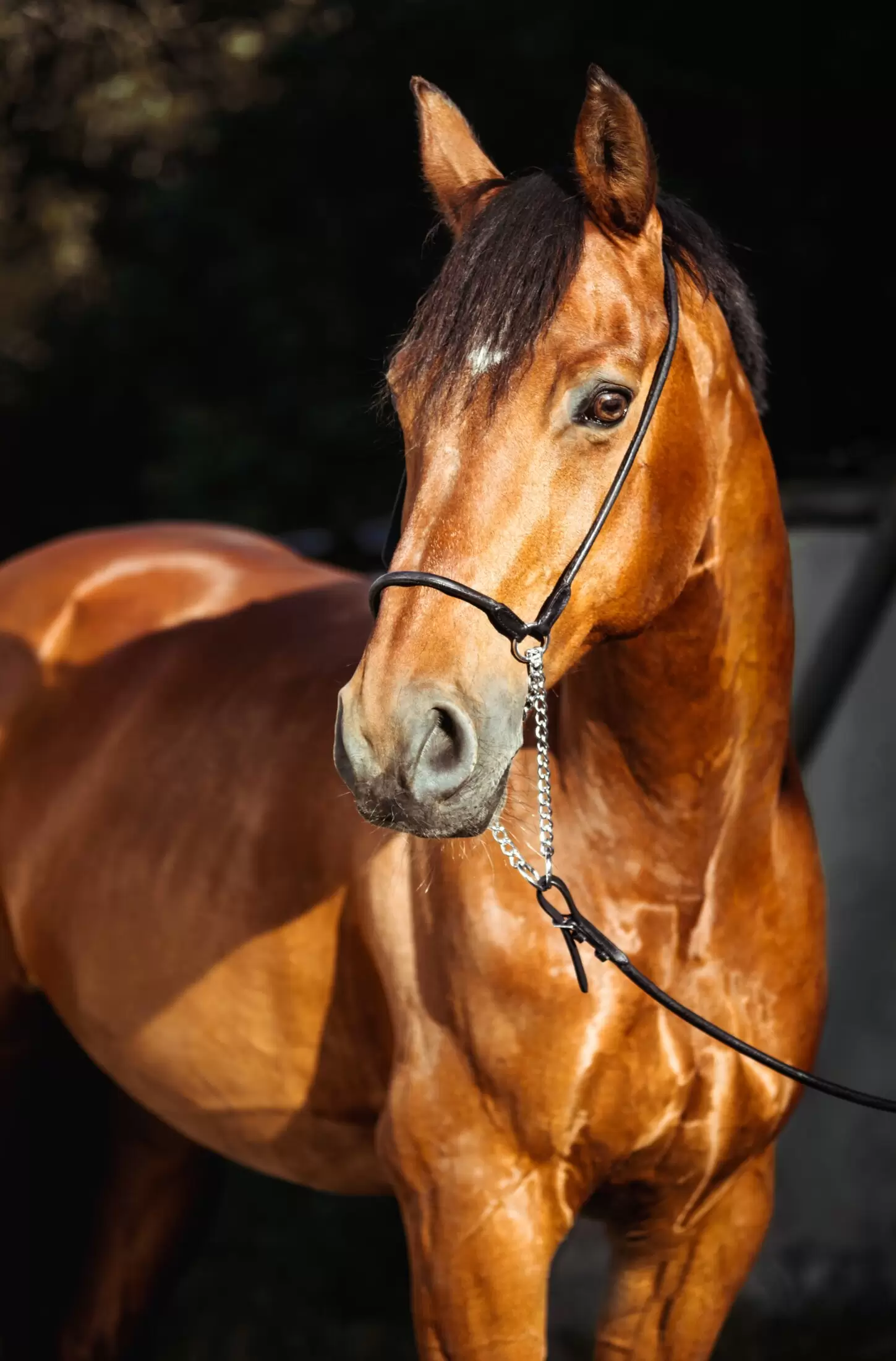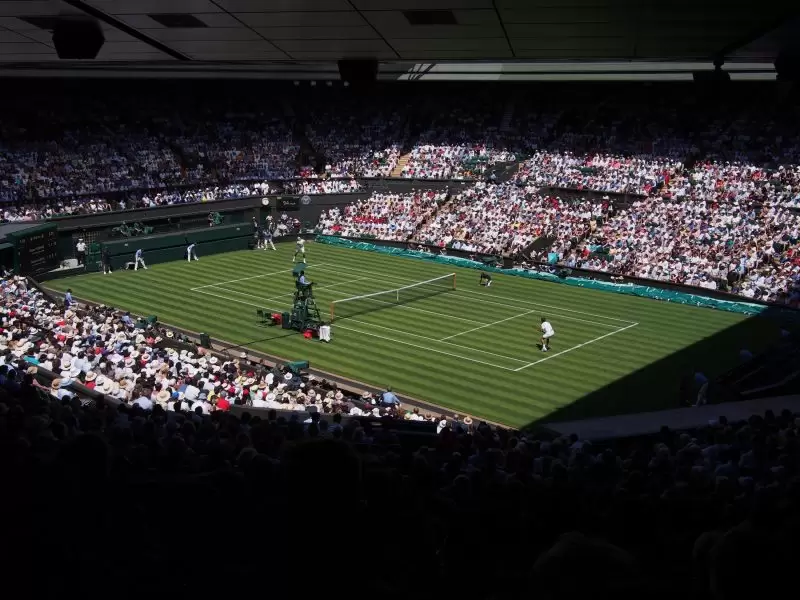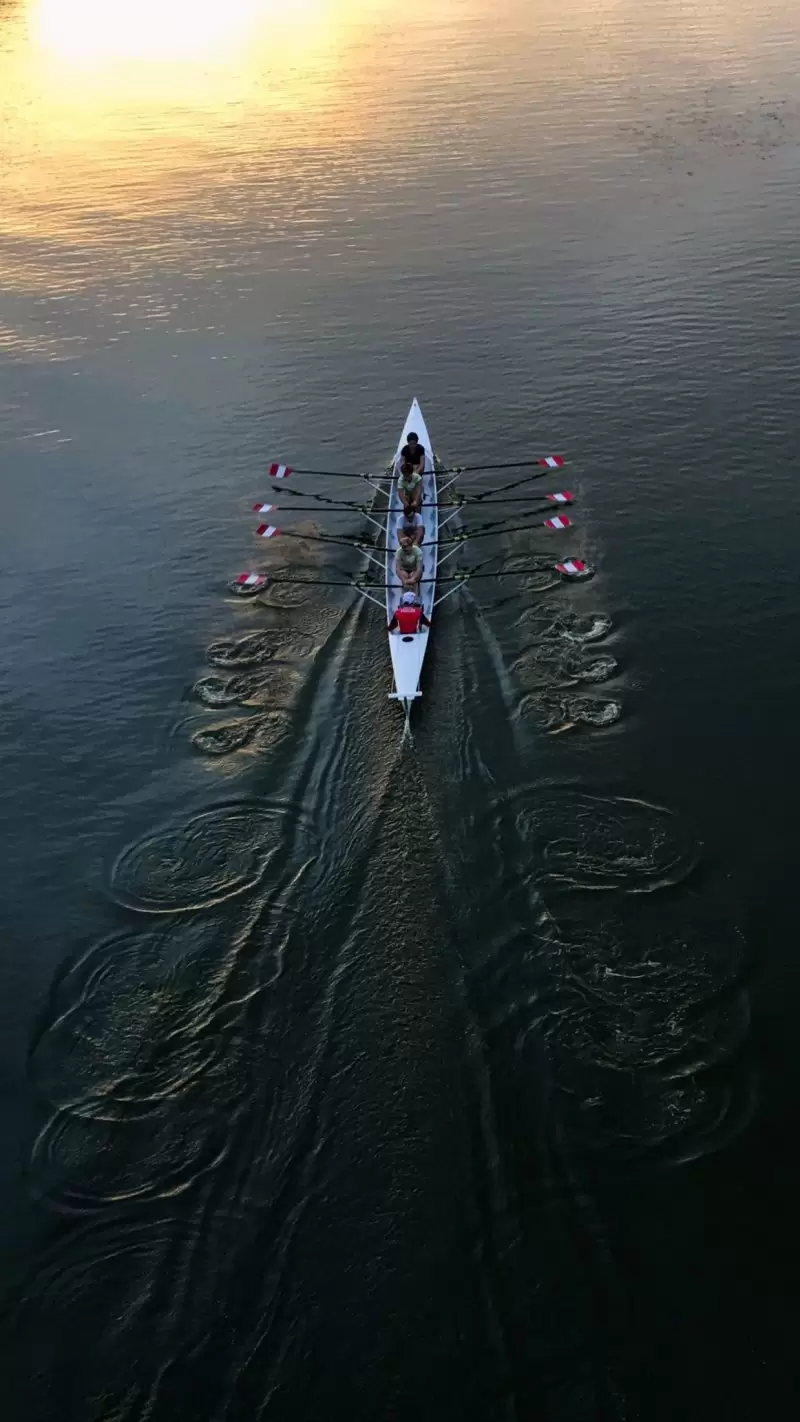Summer has many meanings in England. For some it is a time of holiday and relaxation. For others it is the time to (briefly) stop complaining about the rain in lieu of complaining about the heat. Especially this year. But for many it is the time to wallow in the English version of arguably the world’s oldest sport – horse racing. And one of the premiere racecourses in England is well within striking distance of the Varsity Hotel Cambridge – Newmarket.
World’s Oldest Sport
It is something of a contentious topic, but making the claim that horse racing is the world’s oldest sport is fair nevertheless. At least, horse racing in some form or other, if not the modern version seen in the Western world. And allowing for this broad spectrum, it is certainly the world’s oldest continually running type of sport, stretching as far back into antiquity as records allow.
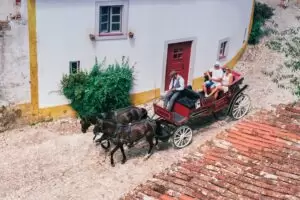
How old is horse racing? Most likely about as old as the domestication of the horse itself. And even before our ancestors bred horses large and strong enough to be ridden by a man. At least it is if you also include chariot racing. Being a sport of racing chariots pulled by teams of horses rather than one riding alone. Which is a fair inclusion, since without horses to pull them a racing chariot is about as useful as an Formula 1 racing car with no engine.
There is often a feeling that the past simply cannot compare to modernity in terms of scale. But when it comes to sport this is patently untrue. The Colosseum in Rome held between 50-80 thousand spectators – well in line with modern stadia. But this was dwarfed by Rome’s hippodrome, the Circus Maximus, which could hold 150,000!
Fair to say that in the ancient world, sport was as big a business as it is today. Perhaps greater, due to the lack of competition from modern entertainment like television. And it was a significant political force too. In Byzantium the will of the mob that were the supporters of chariot racing teams could topple Emperors.
An English Tradition
But another key aspect of horse racing is that every single culture that has embraced it has put its own spin on it. Whilst in the ancient world chariot racing was the sport of the masses, in late Medieval Europe it became the Sport of Kings. In England this was quite literal.
Following the restoration of the monarchy after the English Civil War of the mid 17th century, King Charles II was an avid rider. It was he who first gave prominence to a sleepy town on flat land not too far north of London named Newmarket. This royal attention started a trend which ultimately led to the 1750 establishment of the Jockey Club in Newmarket.
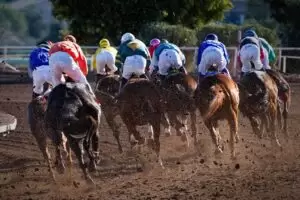
This Royal institution became the driving force for modern horse racing. Owning and maintaining the racecourses. Establishing and adjudicating the rules. And associating horse racing with the highest of high society in the land. Making the modern English spectacle of horse racing more a social event and competition for the best dresses and hats than a gambling-focussed sport.
And this historic racecourse races throughout the summer. An easy drive from the Varsity Hotel.

